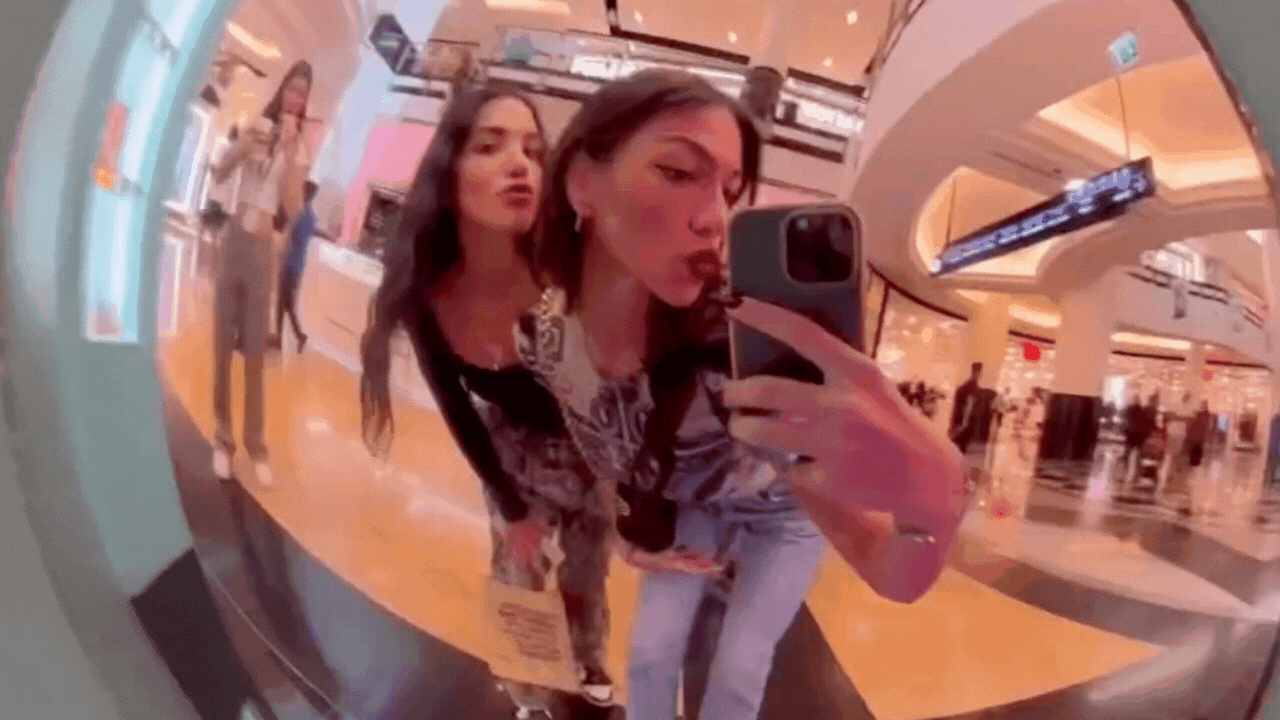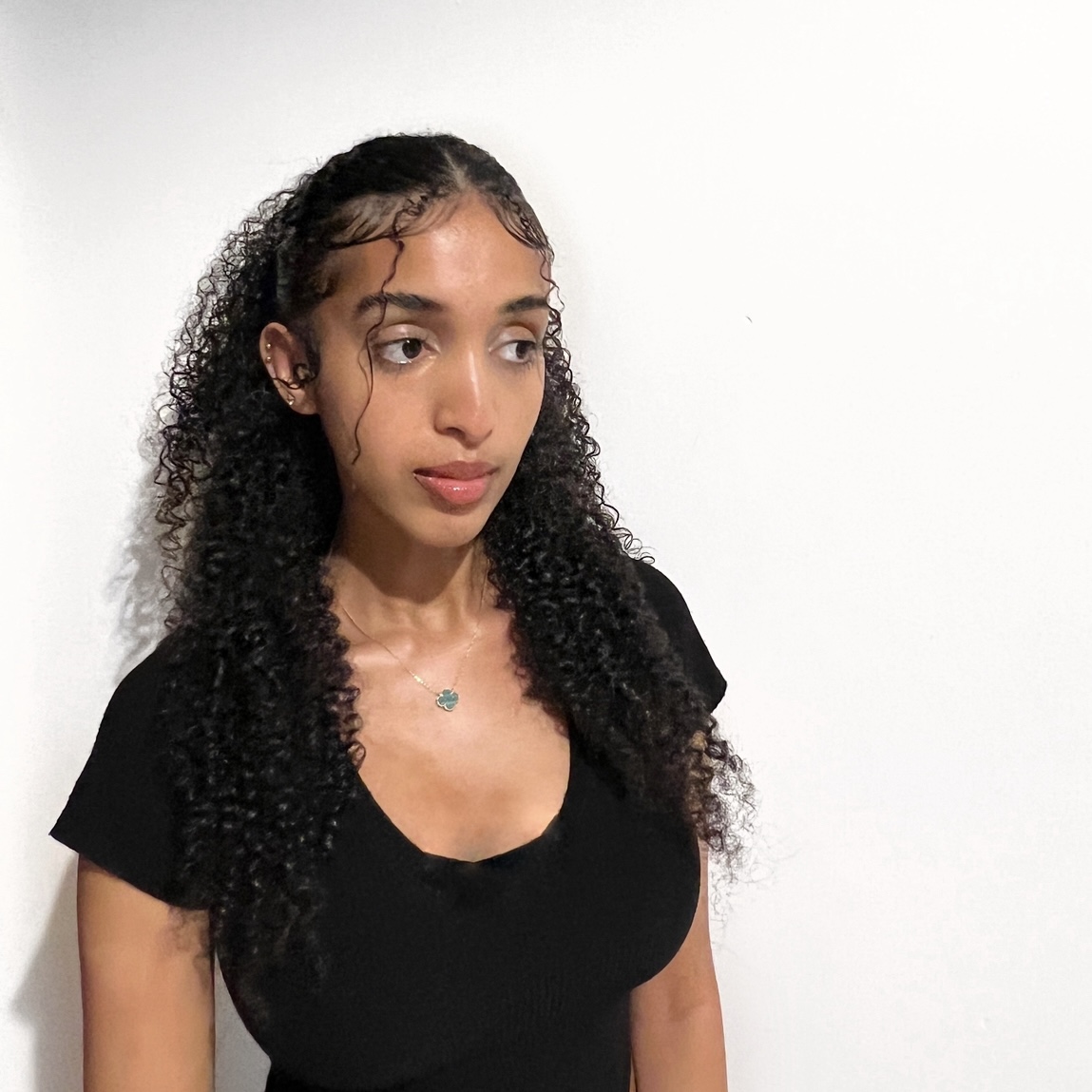Newsfeed

A language of many hearts, there are some Arab slang words and sayings that just hit different.
Some are definitive and have one strict sentiment, while others can mean a multitude of things. Being clued into Arab slang is an easy way to connect and understand a rich and diverse region.
GRAZIA compiles a list of the words you need to familiarise yourself with before you visit an Arab country (or if you’ve lived here for a while). From terms of endearment to the last word before an argument breaks out (to some rapper’s favourite lingo?), we’ve got you covered.
Hala – ‘hello’
You’ll hear Emirati women usually say this when greeting their girlfriends or families as an informal hello.
Used in a sentence: “Hala guys, where’ve you been?”
Ya’ani – “like”
A word with many definitions, Ya’ani is the epitome of a filler word. It appears in conversation as “like”, “kinda”, “I mean”, “why” and so much more.
Used in a sentence: “How’d you say, ya’ani…”, “I’m feelin ya’ani tired today.”
Khalas – “Done”
A definitive end. Khalas can be used at the end of a point, like a loud full stop, or when something is finished. A shopkeeper might use it to tell you they’re out of something, or your friend might use it to tell you they’re done with their ex.
Used in a sentence: “Khalas, I’m done with him”, “Khalas food, there’s no more.”
Inshallah – “Should God will it”
Directly translating to “should God will it”, inshallah can be used to say “we hope”, “we wish”, etc. But it can also be used to decline an offer without any rudeness or disrespect. For instance, if you ask an Arab mum if she’s coming to your event, and she says “inshallah,” rest assured she was never intending to attend.
Used in a sentence: “I graduate next year, inshallah.”
Haram – forbidden
Officially, haram denotes something forbidden in Islamic law, but unofficially it can mean many things. It can be used to communicate pity, shame or even illicit guilt. Usually, you use it for someone or something you feel bad for.
Used in a sentence: “Haram, he doesn’t know any better.”
Yalla – “Quickly”
Though it can mean to make haste and get something done quickly, it can also be used to show you’re unbothered. From hurry up, come on, “Okay sounds good”, this one is completely dependent on tone.
Used in a sentence: “Yalla, we’re going to be late”, “Yalla bye, I’ll see you later,”
Sahtayen – “Bon Appétit”
Sahtayen translates to “double the health” and is usually said before a meal is eaten. Equivalent to the French’s ‘bon appétit’, it’s a little touch of love before you indulge in your meal.
Used in a sentence: “Sahtayen, enjoy the pasta!”
Miskeen – “Poor kid”
From Arabic to Amharic, miskeen is not just Drake’s newest face tattoo. It is used across cultures to mean one of two things. Either to say someone is innocent and sweet or to denote someone’s naivete.
Used in a sentence: “They’re so sweet and miskeen”, “Miskeen, he doesn’t understand..”
Mashallah – “wow”
Another word rooted in Islam, its direct translation is “God has willed it”, while its Arab slang meaning is simple praise or triumph. Whether you’re trying to compliment someone’s bracelet or congratulate them on their marriage, Mashallah can be used regardless of the occasion. It also implies that your comment was well-intentioned, void of jealousy or ill-intent.
Used in a sentence: “Mashallah, you’re so beautiful.”
Shu – “Huh?”
The same way ‘huh’ can be used in many ways, shu has upended versatility (with a touch more character and oomph). It can be used when you genuinely don’t understand something, as a request to clarify or repeat something. But it can also be used to challenge someone, as in you completely understand what the person said, but you’re giving them a chance to rewind their statement.
Used in a sentence: “Shu? I can’t hear you well?”, “Shu, why would he say that?”
Mafi Mushkil – “No Problem”
A simple way to say something is not an issue or burden. Someone may use it as a response to a request they don’t mind fulfilling or a thank you.
Used in a sentence: “I can hold your bag, mafi mushkil.”
Aiwa – “period”
What Gen Z know as “purr”, “period” or even “big slay,” Arabs know as aiwa. It’s essentially an exclaimed “yes!”, showing excited approval.
Used in a sentence: “Aiwa, you killed that.”
Habibi – “my love”
An endearing term of love, it is used between couples, families and even strangers. It can be used on a cute child or between a romantic relationship, to show care and fondness.
Used in a sentence: “Habibi, can you please do this for me?”









